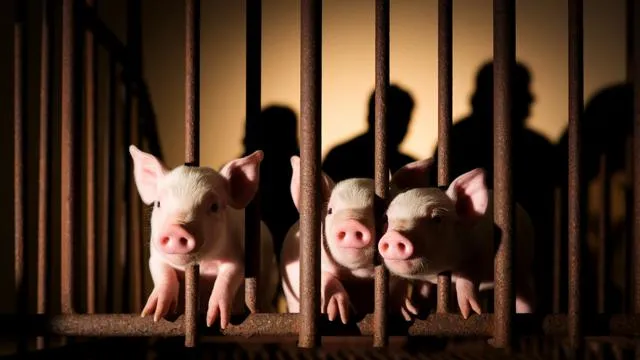In a groundbreaking shift towards sustainable eating, the UK is on the brink of introducing lab-grown meats to its consumers. This innovative approach to food production, which involves cultivating meat from animal cells in a laboratory setting, promises to revolutionize the way we think about and consume meat.
With the potential to hit UK shelves within the next two years, these cell-cultivated products (CCPs) are not just a testament to scientific advancement but also a beacon of hope for environmental sustainability. The process, which bypasses traditional livestock farming, significantly reduces greenhouse gas emissions and land use, presenting a compelling case for its adoption.
Despite the excitement, the journey to approval has been fraught with challenges. Companies pioneering this technology have faced hurdles in navigating the regulatory landscape, particularly with the Food Standards Agency (FSA). However, a recent announcement from the FSA signals a turning point. A dedicated team of scientists and regulatory experts is now tasked with conducting a thorough safety assessment of these lab-grown foods.
This initiative, involving eight companies including UK-based Hoxton Farms, Roslin Technologies, and Uncommon, aims to pave the way for CCPs to be deemed safe for human consumption. The implications of this development extend beyond environmental benefits. Lab-grown meat offers a solution to the ethical dilemmas associated with animal farming, providing a cruelty-free alternative without compromising on taste or nutritional value.
Moreover, it opens up new avenues for food security, offering a sustainable source of protein that could help feed the growing global population. As the UK positions itself as a leader in this innovative sector, the success of this program could mark a significant milestone in the global transition towards more sustainable and ethical food systems. The anticipation builds as we await the FSA's verdict, which could herald a new era of food production and consumption.










